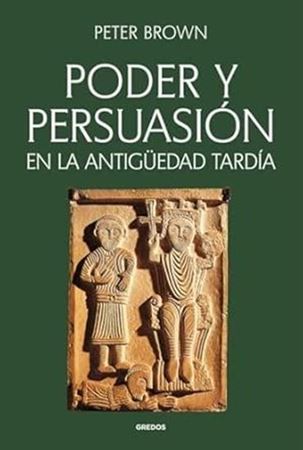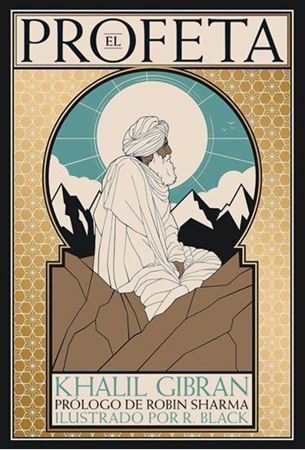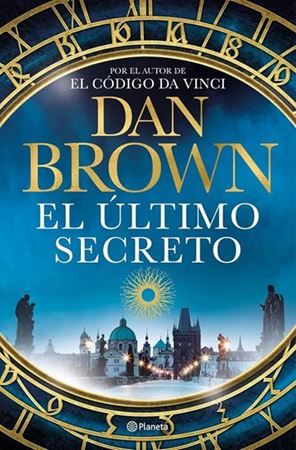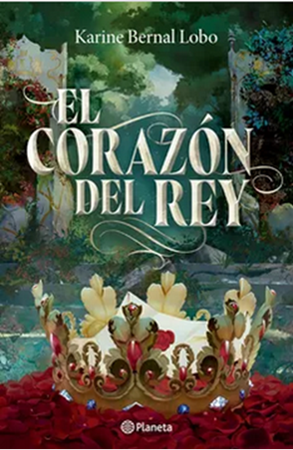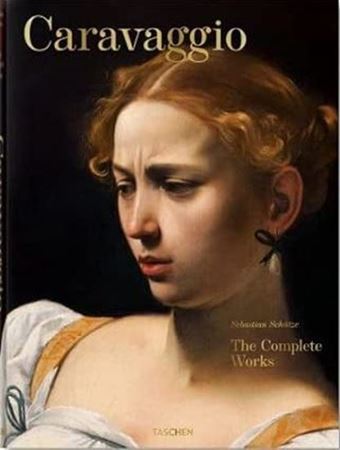

NOVEDADES
DIRTY DIANA
Diana Wood tiene un trabajo que le gusta y un marido, Oliver, con quien comparte un amor “matrimonial” que no es exactamente lo mismo que el amor amor, pero está bien. ¿O no lo está? ¿Es "bien" suficiente?
Un viaje con una vieja amiga le hace recordar la mujer que solía ser: una artista creativa, espontánea y sensual. Al regresar, Diana decide redescubrir a la mujer que fue. ¿Es posible que Diana recupere su yo más sensual y devuelva la chispa a su matrimonio?
1,200
900
LOS DOS AMORES DE MI VIDA (MEX)
Con apenas veinte años, Emma Blair se casa con Jesse, su gran amor de juventud, y juntos construyen la vida aventurera que siempre han deseado. Emma como escritora de viajes freelance y Jesse como ayudante de producción de documentales sobre naturaleza. Los dos son muy felices, exprimen la vida al máximo y aprovechan cada oportunidad que se les presenta para viajar por el mundo.
Sin embargo, en su primer aniversario de bodas, el helicóptero en el que viajaba Jesse desaparece en el Pacífico, sumiendo a Emma en la más absoluta desesperación. En un intento por recomponer su vida, Emma regresa a su hogar donde, años después, se reencontrará con Sam, un viejo amigo, y volverá a enamorarse.
1,200
900
UNA HISTORIA DIVERTIDA (MEX)
A Daphne siempre le había encantado la forma en que Peter, su prometido, contaba su historia. Cómo se conocieron, se enamoraron y regresaron a la ciudad natal de él, a orillas de un lago, para empezar una vida en común. Se le daba realmente bien explicarlo. hasta que se dio cuenta de que, en realidad, estaba enamorado de Petra, su mejor amiga de la infancia.
Y así es como Daphne empieza su nueva vida: en la hermosa Bahía de Waning, Michigan, lejos de su familia y amigos, pero con un trabajo idílico de bibliotecaria infantil (con el que a duras penas llega a fin de mes). Por eso, se plantea compartir piso con la única persona que podría entender cómo se siente: Miles Nowak, el exnovio de Petra.
Desaliñado, caótico y con tendencia a escuchar baladas tristes para consolarse, Miles es completamente opuesto a la práctica y discreta Daphne, tan reservada con su vida personal que sus compañeros de trabajo bromean sobre si pertenece al FBI o es una testigo protegida. En general, los dos nuevos compañeros de piso se evitan el uno al otro, hasta que un día, mientras ahogan sus penas, entablan una frágil amistad y trazan un plan. Y si, para seguir ese plan, tienen que compartir fotografías de sus aventuras veraniegas juntos, fotografías que den pie a sacar conclusiones equivocadas, ¿quién podría culparlos?
Pero Daphne solo lo hace para dejarse ver, por supuesto, porque nunca empezaría un nuevo capítulo de su vida enamorándose del exnovio de la nueva novia de su exnovio. ¿verdad?
1,200
900
LA CASA DE KYOTO
En la casa de Kyoko los invitados son bien recibidos a cualquier hora. Ahí se reúnen cuatro jóvenes, de profesiones y caracteres diferentes, y algo en común: una conciencia estoica que les obliga a negarse a sí mismos, a aparentar que no creen en la existencia del sufrimiento en este mundo, acostumbrados a ocultar sus sentimientos, ese espejo roto en pequeños fragmentos de cristal en su interior. En esa casa no se toman en serio los matrimonios, las clases sociales, los prejuicios ni el orden, ni hay temas de conversación prohibidos. Sólo pensar que existe un lugar así en el mundo alegra a esos cuatro jóvenes, para los cuales ese lugar es un refugio y un faro. Yukio Mishima (1925-1970) es uno de los escritores japoneses más importantes del siglo XX. La casa de Kyoko, novela publicada en 1959, cuenta las historias interconectadas de cuatro hombres que representan las diferentes facetas de la personalidad del autor: lo artístico en el pintor, lo atlético en el boxeador, lo nihilista en el hombre de negocios y lo narcisista en el actor.
1,200
900
(KORA SPARKS 1) Y EL ULTIMO DRAGON
Una niña sin nada que perder. Un sueño imposible. Una leyenda sobre un dragón perdido.
Cuenta la leyenda que hubo un tiempo en que los dragones surcaban el cielo y la tierra florecía con su magia, una época en la que todas las criaturas y los humanos convivían en paz. Pero ahora el mundo agoniza, la magia escasea y nadie cree en las leyendas.
Kora cumplirá pronto trece años y ya sabe lo que es luchar por sobrevivir; hace mucho que dejó de soñar con los cuentos de su abuela. Sin embargo, cuando su hermano Simón enferma gravemente y todas las posibilidades se agotan, Kora emprende un viaje buscando lo único que puede salvarlo: un dragón perdido.
1,200
900
LOS FAVORITOS
Una épica historia de amor inspirada en el clásico Cumbres borrascosas, ambientada en el despiadado mundo del patinaje artístico de élite y con una protagonista decidida a labrarse su propio camino dentro y fuera del hielo.
«Todo el mundo cree que Heath Rocha fue mi primer amor. No es cierto. Mi primer amor fue el patinaje artístico».
Katarina Shaw siempre ha sabido que estaba destinada a llegar a lo más alto. Cuando conoce a Heath Rocha, un chico solitario, su conexión instantánea los convierte en un dúo formidable sobre el hielo... Hasta que un impactante incidente en los Juegos Olímpicos los separa definitivamente.
1,200
900


